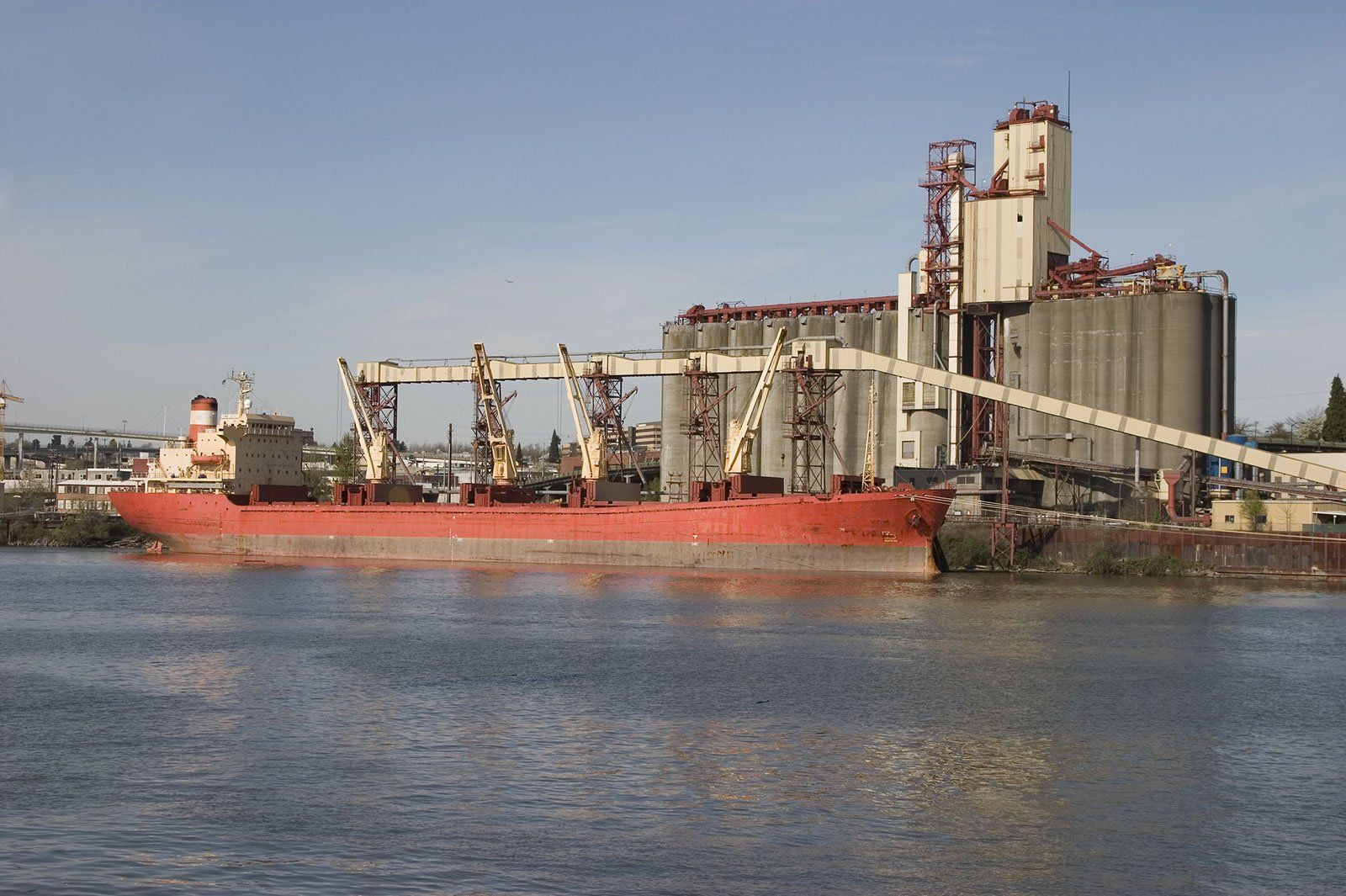1MG FlippingBooks
Aussie farmers big winners in Indonesia trade deal
The Indonesia-Australia Comprehensive Economic Partnership Agreement (IA-CEPA) was signed in Jakarta today by Trade Minister Simon Birmingham and his Indonesian counterpart Enggartiasto Lukita, delivering major benefits for Australian farmers.
The deal will see an increase in Australian exports of livestock, beef and sheep meat, grains, sugar, dairy and citrus to Indonesia, already our fourth-largest agricultural export market – worth $3.35 billion in 2017.
To summarise the benefits for Australian farmers:
- All tariffs on beef and sheep meat will be eliminated over the next five years, with most eliminated immediately. The first 575,000 head of live male cattle exported are now duty free, with this number growing to 700,000 over six years
- Sugar tariffs will be reduced from 12 per cent to five per cent
- The first 500,000 tonnes of grains exported will be duty free and that will increase by five per cent per year
- The five per cent tariff on milk, cream and grated or powdered cheese will be eliminated immediately
- Duty free quotas will be introduced for citrus and horticultural products, with tariff relief on fresh vegetable exports representing an extra $5 million to $10 million annually for Australian growers
- Preferential deals will be put in place or duty removed on 99 per cent of exports to Indonesia
On top of this, the work and holiday visa allocation for Indonesians will increase from 1,000 to 5,000 annually, in a boost for Australian producers looking to secure seasonal workers.
National Farmers’ Federation (NFF) CEO Tony Mahar accompanied Minister Birmingham on the trip and praised the signing of the agreement as a tangible benefit to the hip pockets of Australian farmers.
“Indonesia is the world’s biggest importer of Australian wheat and Australia is Indonesia’s largest supplier of red meat,” said Mahar. “Australian dairy products and sugar are also highly valued by our neighbour.
"In many instances, IA-CEPA will strengthen Australia’s role as the preferred supplier to the burgeoning south-east Asian economy.”

















